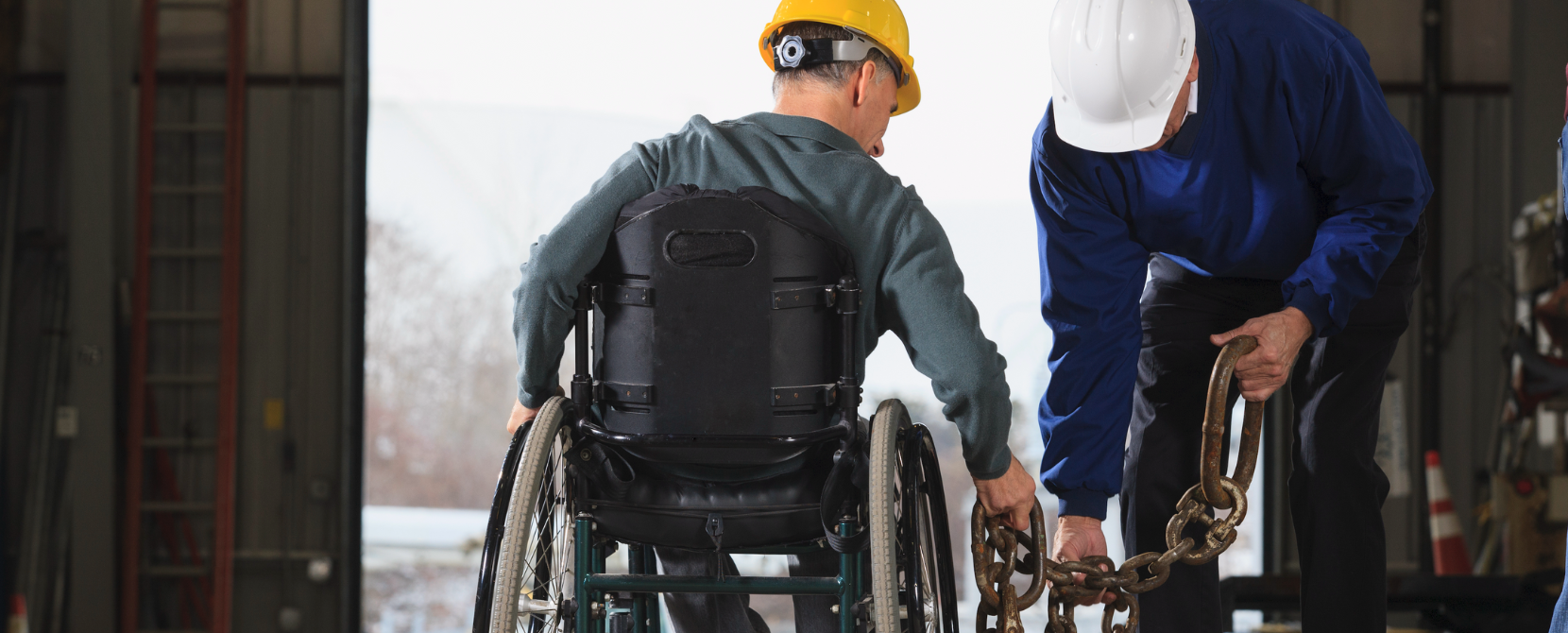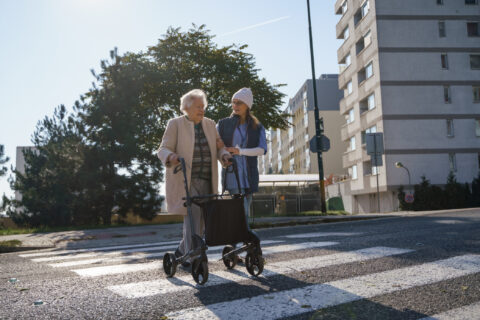By Mayor Edward “Eddie” Sundquist
If your municipality is like mine, infrastructure is a major policy focus—and for good reason. From the physical to the digital, modern and sustainable infrastructure is a core building block of a thriving community. It fuels economic development, promotes growth and improves the quality of life for citizens. And thanks to some exciting federal initiatives, great opportunities currently exist around infrastructure funding.
As we, as city leaders, capitalize on these federal programs and opportunities, we should be factoring inclusion into our infrastructure endeavors. Because, to truly succeed, advances in infrastructure must be equitable and inclusive of all citizens, including those from historically underserved communities.
As Mayor of Jamestown, New York, I’m proud to be a champion of inclusive infrastructure initiatives. I believe it’s imperative to develop a more equitable and accessible city for all Jamestown residents—and, in particular, those with disabilities. Why? Because 11.0% of adults between the ages of 18 and 64 have a disability, according to the 2022 American Community Survey. Whether we have or know someone with a disability, or develop one later in life, it is something that affects all of us. When we infuse universal design and accessibility into all levels of our infrastructure, we make life better for everyone.
So, what exactly have we been doing in Jamestown to advance inclusive infrastructure? As one example, we were the first city in the state of New York to perform a feasibility study for a municipally-owned broadband network. We see pursuing this goal as critical to addressing the digital divide and attracting investment in our city. We’re going to ensure that the workforce that builds our city-owned fiber-optic infrastructure is inclusive of people with disabilities. Of course, the benefits of a municipal broadband network won’t just impact our disabled citizens. Affordable and accessible technology will boost employment opportunities for everyone and create dedicated telehealth, education and emergency service channels.
On the workforce development front, we partnered with the NLC/U.S. Department of Labor Good Jobs, Great Cities Academy, which convened 30 agencies to focus on inclusive jobs initiatives. Through this and other efforts, we’re focused on engaging our communities in order to train and prepare people, including those with disabilities, to be a part of the new workforce that will enhance our city’s infrastructure. Our county is also engaged in numerous partnerships and training labs aimed at encouraging more people of color, women, veterans and individuals with disabilities to pursue manufacturing jobs, entrepreneurship opportunities and more.
We’re also making our city more physically accessible. Through our Downtown Revitalization Initiative, we upgraded pedestrian facilities by installing new curb ramps and crosswalks, and new pedestrian signals with countdown timers, which has helped create a truly inclusive, year-round downtown for our residents, workers and visitors. Further, we redeveloped an exciting arthouse on a premier waterfront location, which is providing an inclusive artist hub for disabled people and the community at large.
Infusing equity and disability inclusion into infrastructure projects isn’t hard—it simply takes recognition and a commitment to addressing it at the outset of our initiatives. I believe that, as city leaders, we are uniquely equipped to make advancements in this area because we understand funding nuances and can bring the right stakeholders to the right table at the right time. Waiting for change to happen organically is not an option. So, I invite my fellow municipal leaders to “jump in” and make inclusion a core tenet of their infrastructure efforts.
Edward “Eddie” Sundquist is the Mayor of Jamestown, New York, and a member of NLC’s Board of Directors, who was a recent panelist on NLC’s webinar on inclusive infrastructure, an event hosted in collaboration with the U.S. Department of Labor’s State Exchange on Employment & Disability (SEED). To learn more about SEED and receive guidance on disability-inclusive policymaking, visit dol.gov/agencies/odep/state-policy.








